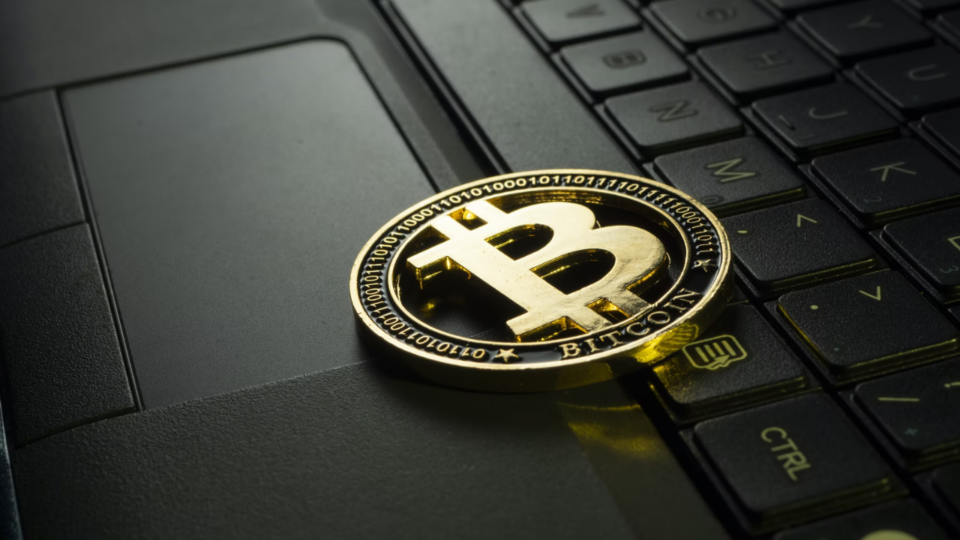Police have arrested seven people in connection with a week-long kidnapping, which saw a cryptocurrency trader held and brutally beaten by gang members demanding a ransom of HK$30 million (US$3,850,260).
The victim, 39, went to Kowloon Bay on Nov. 6 to sell digital currency to a stranger. The buyer brought him to a nearby industrial building, where a group of men who appeared to have been waiting for the victim began attacking him with hammers and metal chairs.
He was also forced to surrender his mobile phone and passwords for his bank and cryptocurrency accounts.
The next morning, the victim was blindfolded and transported by car to a container terminal. That night, he was taken to a squatter hut in Nam Hang Tsuen, a rural village in Tai Po.
Members of the gang continued to attack him, ordering him to lie to family and friends about being in debt so that they would pay the ransom.
The victim’s family reported the case to police last Tuesday, three days after he had been kidnapped. Officers identified the potential location where the victim might have been held and laid an ambush in the village.
On Friday, the victim managed to escape, breaking through a narrow window in the attic when two men keeping watch went out to smoke. Police rescued him and raided the hut, arresting two of the kidnappers there.
Five more arrests were made in suspected connection with the kidnapping over the weekend, deputy senior superintendent Alan Chung of the Kowloon West regional crime unit said in a press conference Sunday. All of them, aged between 25 and 32, are members of the triad group Sun Yee On. At least seven or eight more people are wanted.
The victim suffered multiple fractures on his arms and legs, and is undergoing surgery for his injuries.
Cryptocurrency scams have been on the rise, with police recorded 496 cases in the first half of this year. But this is the first known incident involving a kidnapping.
Under Hong Kong law, anyone found guilty of detaining a person against their will for ransom can face a life sentence upon conviction.
Chung appealed to citizens to avoid face-to-face transactions with strangers, and to conduct transactions through trustworthy online platforms.




